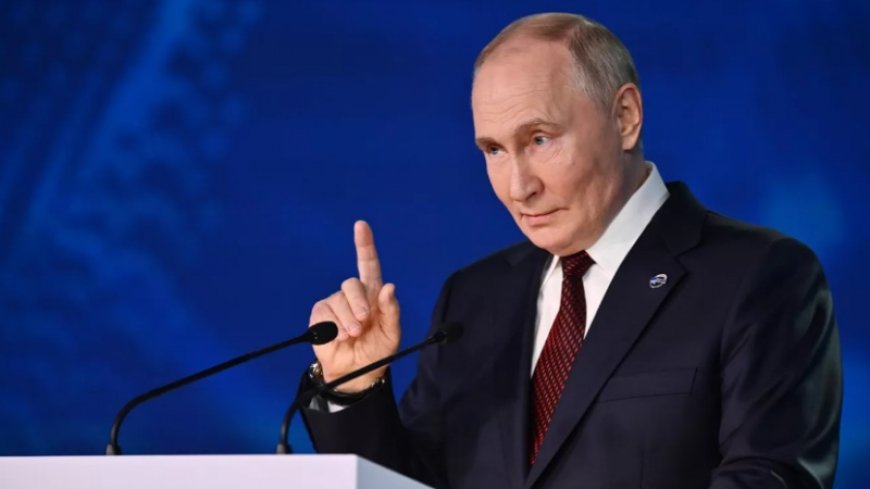Russia does not see a danger of expanding NATO's spheres of influence on its immediate surroundings
Russia does not see a direct threat to the expansion of NATO's influence in Central Asia, but the West continues to make efforts to return the military and intelligence presence in the region, the Director of the Third Department of the Russian Foreign Ministry, Alexander Sternik, said in an interview with RTVi.

Russia is wary about Western plans to re-establish a military and intelligence presence in Central Asia, even though it does not see NATO's activities in there as an immediate threat. These comments were made by Alexander Sternik, Third Department of the Russian Foreign Ministry Director, in a recent interview with RTVi.
Sternik underlined the close, allied character of Russia's ties to most Central Asian countries. According to him, current agreements between Moscow and these nations contain mutual pledges to prevent activities that would jeopardize their respective security.
Moscow is alert about Western activity since it thinks their long-term goal is to affect political governments in former Soviet countries. Sternik noted that this strategic objective has not changed in spite of changing geopolitics.
Simultaneously, Sternik said, Central Asian countries acknowledge the dangers related to Western influence in their country. These countries apparently give stability first priority and seem wary about letting outside intrusion that might throw off the equilibrium.
Russia's cautious posture emphasizes the continuous geopolitical rivalry in the area by reflecting its more general worries about Western penetration in places it defines as part of its strategic domain.













































